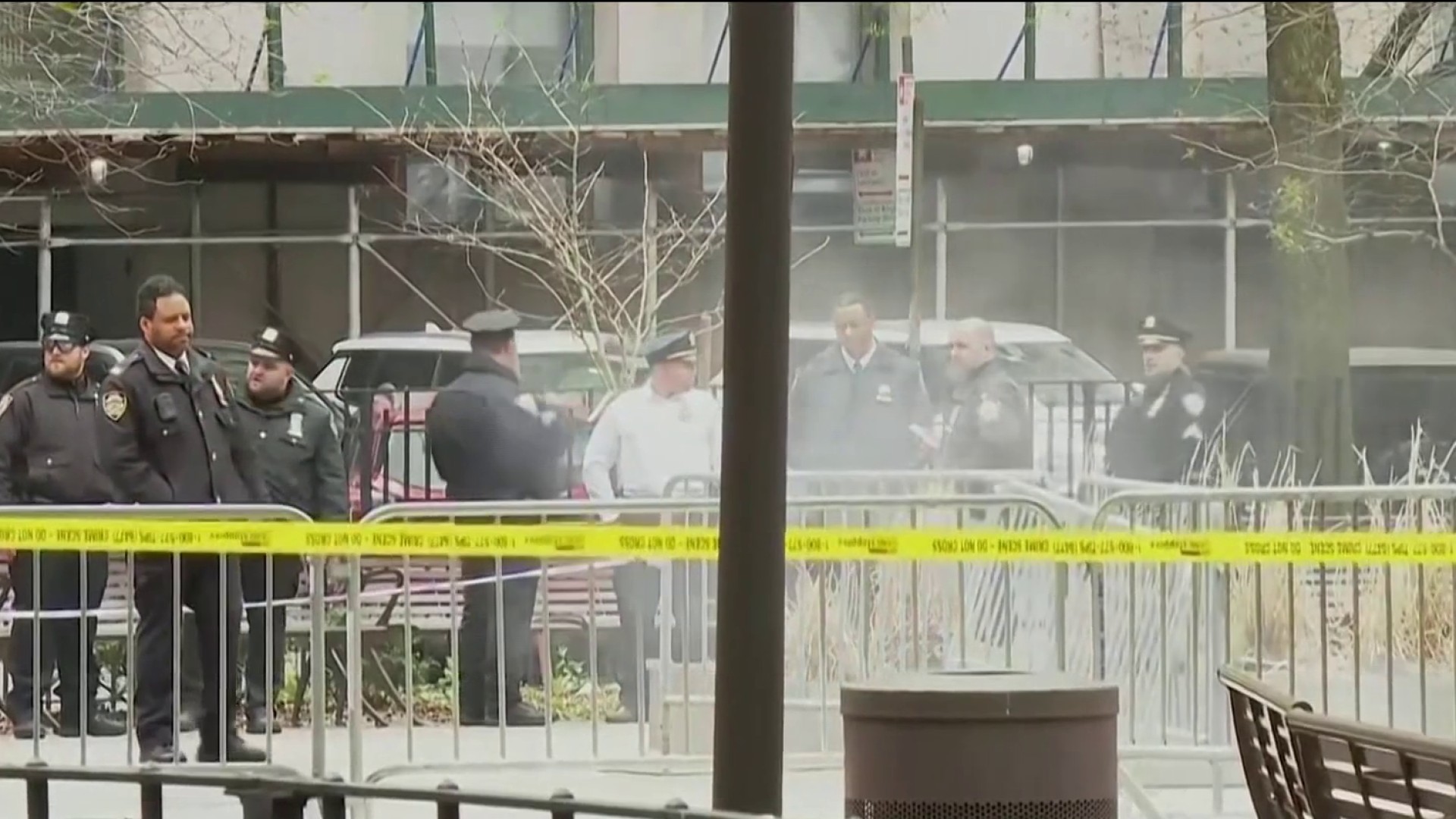What to Know
- LaFauci says Bennet called her girlfriend, humiliated her in front of colleagues and threatened her when she complained.
- In an internal investigation, state police said they couldn’t prove or disprove Bennett had threatened LaFauci.
- Since 2012 the state has paid -- or been ordered to pay -- more than $6 million in sexual harassment cases involving state employees.
Two women embroiled in a sexual harassment case say the system meant to protect them ultimately shunned them.
For nearly 20 years, the Massachusetts State Police considered Anne Marie LaFauci a model employee. She got excellent performance reviews and commendations from the governor. She was an administrative assistant in the Danvers barracks. The single mom loved her job and co-workers.
“There were never any drama or issues,” LaFauci said.
All that changed in 2008, when Detective Lieutenant Barbara Bennett joined the certification unit. The new liaison to the LGBTQ community and now LaFauci’s boss.
“She would say, girlfriend, come! Get over here girlfriend. Get in my chair,” LaFauci told the NBC10 Investigators.
LaFauci says Bennett called her girlfriend, humiliated her in front of colleagues and threatened her when she complained.
U.S. & World
“She said, you know, accidents happen. They could find you the next morning,” LaFauci said. “No one’s going to find you. They could find you with blood pouring from your head. They could find you the next day. I believed her. I was terrified.”
In her living room, Bennett shakes her head crying.
“I didn’t do any of this,” Bennett said.
“You’re saying that’s flat-out false?” NBC10 Investigators asked her.
She shook her head and said, “Yes.”
“Didn’t happen?” NBC10 Investigators pushed.
“Not the way that comment was portrayed,” Bennet replied.
Bennett says she wanted LaFauci to work a day shift, not the flexible hours the young mother with a sick child at home had under previous bosses. Bennett claims when a ceiling tile fell in the office she used it to show why LaFauci shouldn’t work alone at night.
“What if something hit you on the head and no one found you until morning…,” Bennett said.
In an internal investigation, state police said they couldn’t prove or disprove Bennett had threatened LaFauci, but did sustain an allegation of conduct unbecoming for the way Bennett treated LaFauci in another situation.
“I’m not saying I’m perfect,” Bennett said, “But this whole thing boiled down to being just about the failure to sign a refreshed work agreement.”
LaFauci denies that allegation. She insists state police retaliated against her for speaking out -- suspensions, cut hours, duty changes. The accusations and recriminations go on -- but what both women agree on is they were abandoned by a system -- supposed to protect them.
“It just got progressively worse and worse,” LaFauci said.
LaFauci decided to sue for sexual harassment and retaliation. As the case dragged on she and Bennett both requested that LaFauci be transferred out of what had become an extremely hostile situation. They say state police refused the request, telling Bennett to deal with it, a chilling signal to her.
“They want it to go away and after a while, I think they look at the parties and want them to go away,” Bennett said.
Since 2012 the state has paid -- or been ordered to pay -- more than $6 million in sexual harassment cases involving state employees. The NBC 10 Boston Investigators found some cases drag on for years and most settle -- with no one admitting wrongdoing.
The attorney general’s office settled with LaFauci in 2012 for $300,000 and as part of the settlement agreement, she was ordered to resign four years short of earning her pension.
Bennett stayed.
“The system is backward. You can’t trust anything,” LaFauci said.
Bennett retired soon after the settlement. She admitted no wrongdoing and gets a $100,000 a year pension, but says she left a career years before she wanted to, bitter and disgusted.
“I couldn’t work with these people anymore and I loved this job, loved it.” she said, “But I couldn’t trust them. I couldn’t trust them to do the right thing.”
In the wake of the MeToo movement, at least a dozen states have passed new sexual harassment laws. Massachusetts has not, but victim advocates say the role of the attorney general’s office needs a hard look. They’re sworn to protect citizens from wrongdoing, but mandated to defend state agencies -- and often -- the alleged harassers within them.
Robert Sinsheimer is LaFauci’s attorney and he has handled several sexual harassment cases with state employees.
“There’s an institutional conflict of interest that needs a remedy,” he said. Sinsheimer adds that remedy is, “to create an entirely separate office to defend government employees so that the attorney general can continue to take the high road and not be burdened with a conflict that she’s stuck with.”
Both women say they did not receive proper protection.
“I tried to do what I thought they wanted me to do, what they told me to do and what the right thing was,” said Bennett.
LaFauci dismisses Bennett as a victim, but can’t control what people think.
“At least I stuck up for myself. At least I did the right thing. I said what happened - and it’s out there.”
LaFauci says after taxes and legal fees, she got about $60,000 from the settlement. She says she’s applied for hundreds of state jobs in the last decade to try and earn years for her pension and hasn’t gotten a single interview.



